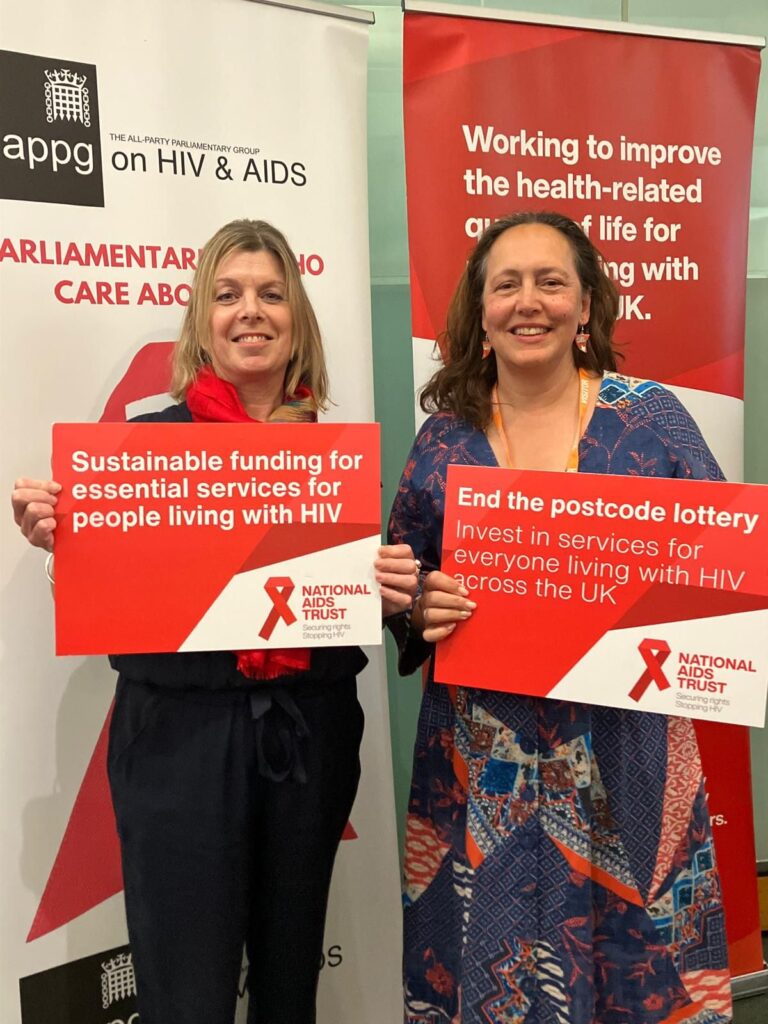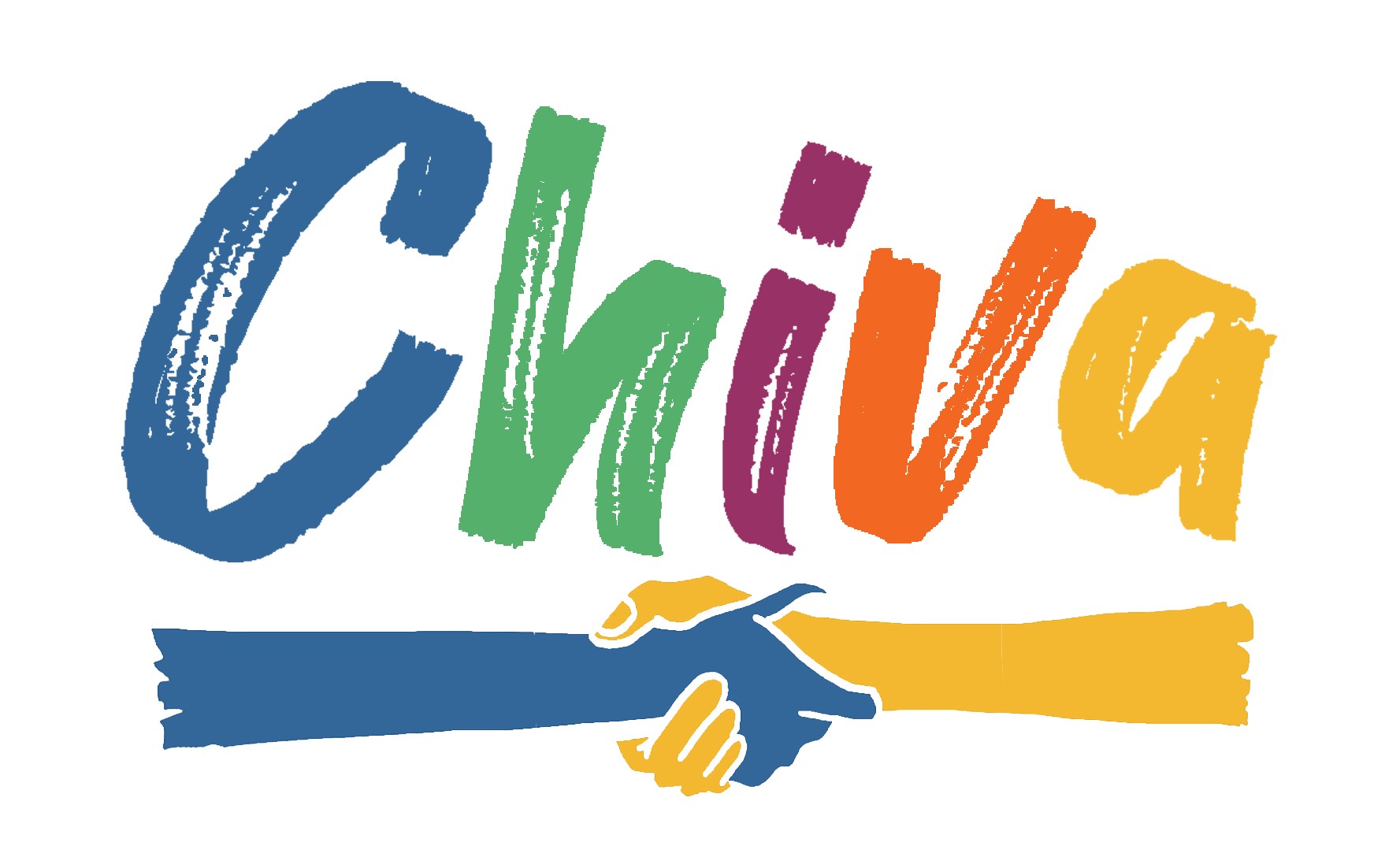Funding Cuts Puts Vital Support For People Living with HIV at Risk, Warns New Report
Chiva welcomes a new report from HIV Outcomes UK, which has warned that funding reductions for HIV Voluntary services will leave people living with and affected by HIV without vital support and services.
Chiva responds to this report by stressing the need for psychosocial and peer support for young people with perinatally acquired HIV who face unique social and emotional challenges. Without such support, many may disengage from care, risking their health and undermining HIV prevention efforts.
The report, launched at a parliamentary event on Tuesday 20 May is the result of research undertaken by the UK HIV Outcomes Steering Group which Chiva is member of, and delves into the state of the HIV voluntary and community sector.
For many people, access to HIV Voluntary services and peer support from charities like Chiva, has been life-changing – and often life-saving. The research shows how HIV charities deliver vital, cost-effective services which respond to health inequalities that NHS clinical care alone cannot provide.
Tailored support for children and young people growing up with HIV and their families is crucial.

Amanda Ely, Chiva CEO, and Amanda Williams, Chiva Chair, attending the report launch event
Amanda Ely, Chiva CEO said, “The report highlights the critical need to provide psychosocial and peer support; supporting people lost to HIV care to re-engage; HIV prevention and anti-stigma initiatives. It’s crucial that the distinct needs of children, young people and whole families are included within these aims.
“For people with perinatally acquired HIV, there are wider social, emotional, family and cultural factors which can affect their wellbeing and ability to manage their condition. It’s a huge ask to attend healthcare appointments for their whole life, especially for a highly stigmatised health condition which children often hear misinformation about right from their formative years in the school playground.
“Simply treating their HIV is never going to be enough. We know that young people don’t stay engaged in care, particularly during transitioning from paediatric to adult HIV care. If they don’t take their medication, they can’t achieve an undetectable viral load and their overall health will be compromised. HIV prevention has come a long way, but it’s critical to ensure that all groups affected by HIV can access the psychosocial and peer support they need to stay engaged in lifelong care.”


